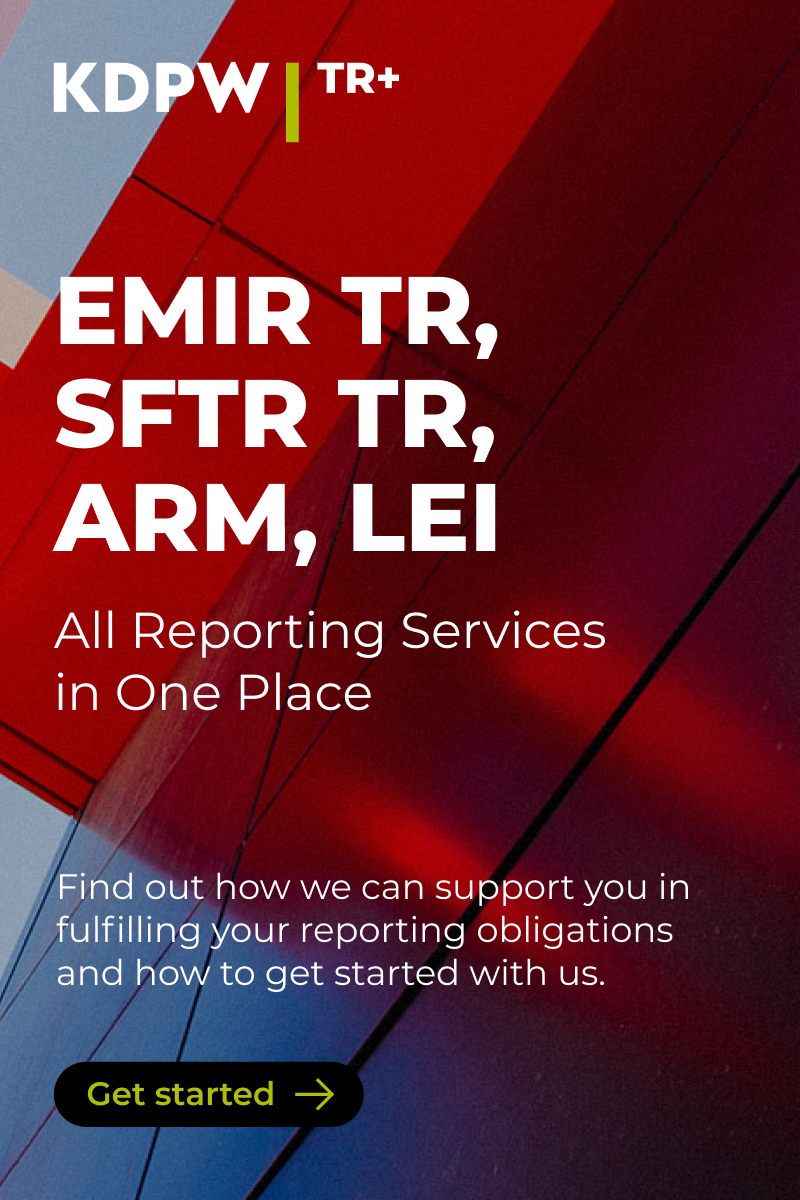The European Securities and Markets Authority (ESMA) has said there is no need to temporarily exclude exchange-traded derivatives from the rules around non-discriminatory access to central counterparties and trading venues under the Markets in Financial Infrastructure Regulation (MiFIR) and Directive (MiFID) II.
Under MiFIR, ESMA was required to assess whether exchange-traded derivatives (ETDs) should be exempted from the access provisions for a period of 30 months.
The ESMA analysis found, however, that giving open access to ETDs “does not create undue risks to the overall stability and orderly functioning of European financial markets”.
The authority said that any potential risks are already addressed by the legislative frameworks of MiFID II, MiFIR and the European Markets Infrastructure Regulation, and suggested that the European Parliament and Council should not introduce a phase-in period for ETDs.
ESMA chair Steven Maijoor said: “Trading venues and CCPs are important market infrastructures and crucial for well functioning EU capital markets. Strengthening competition and choice between venues and CCPs is an important step to further the integration of the EU’s capital markets. The open access provisions of MiFID II will help to achieve these goals for all instruments without creating undue risks to stability.”
The new rules mean that trading venues will be able to clear their trades at a CCP of choice, including transferable securities, money market instruments and ETDs, while CCPs will also be able to access trade feeds from trading venues.
However trading venues, CCPs and national competent authorities will all be able to refuse access for a CCP or trading venue, under particular circumstances.
In these cases, ESMA said, granting access could require an interoperability agreement for ETDs, or it could potentially “threaten the smooth and orderly functioning of the market — in particular due to liquidity fragmentation — or affect systemic risk”.
ESMA submitted draft regulatory technical standards to the European Commission in September 2015, specifying the conditions under which access could be denied, the conditions under which access must be granted, and the conditions deemed to pose a threat to smooth and orderly functioning of the market.



